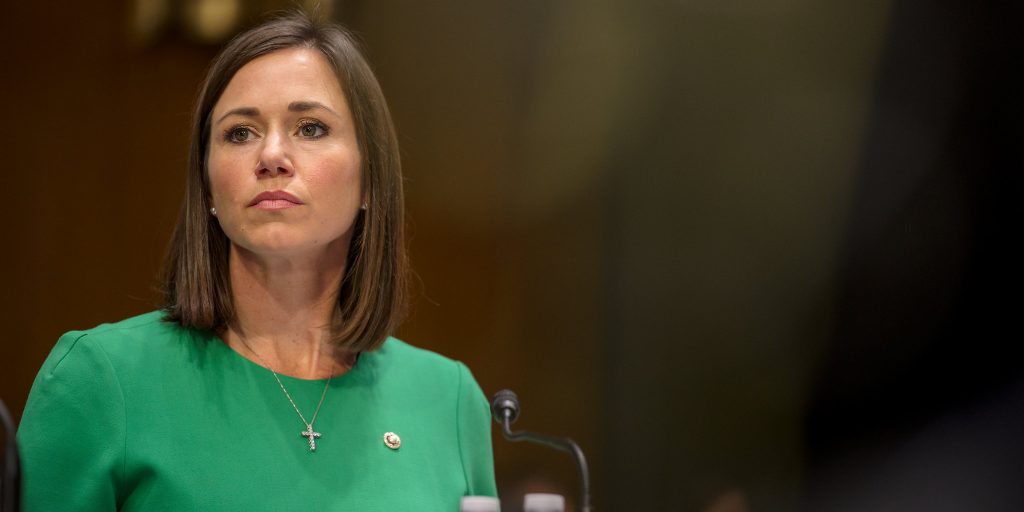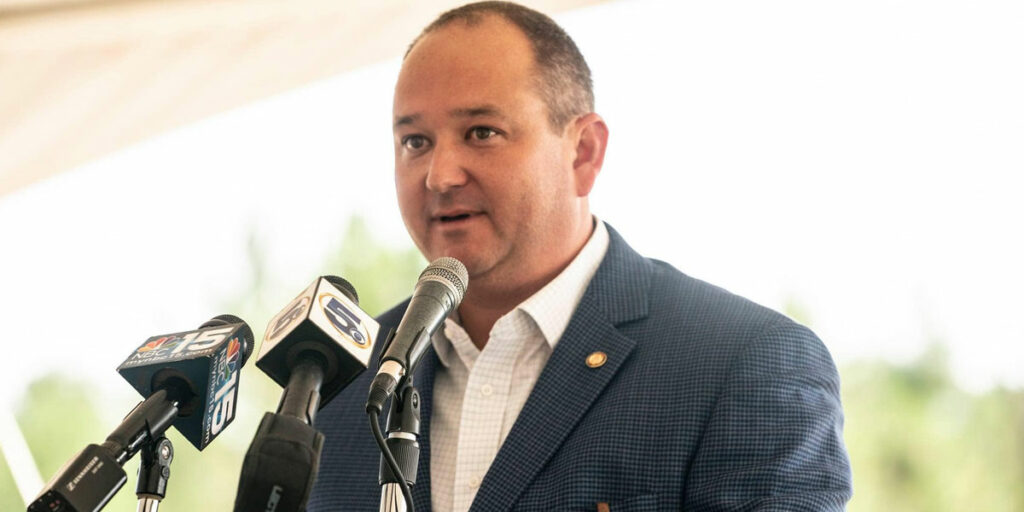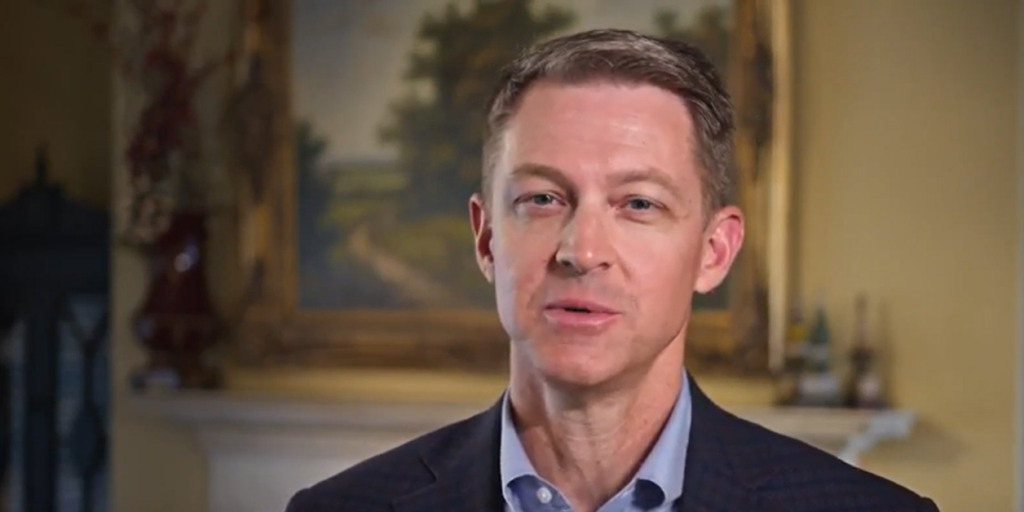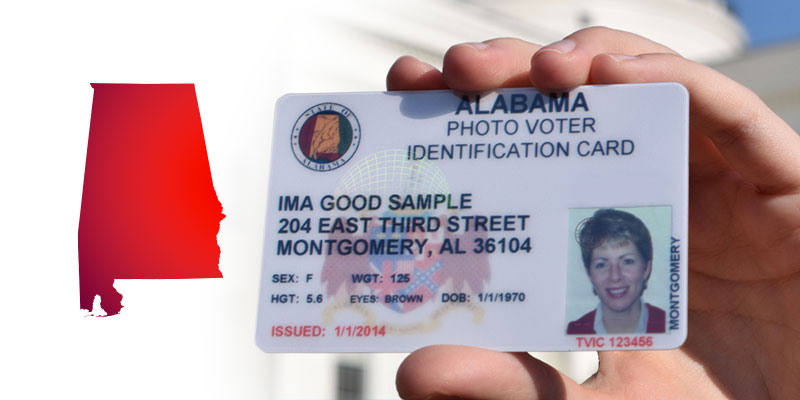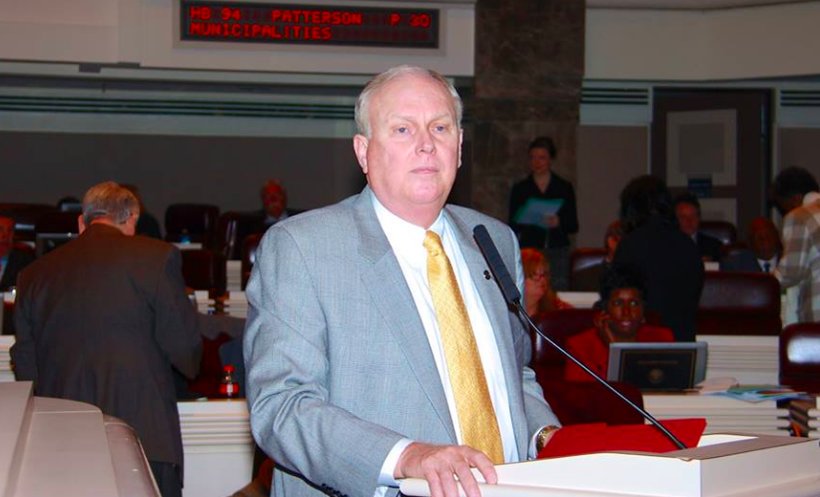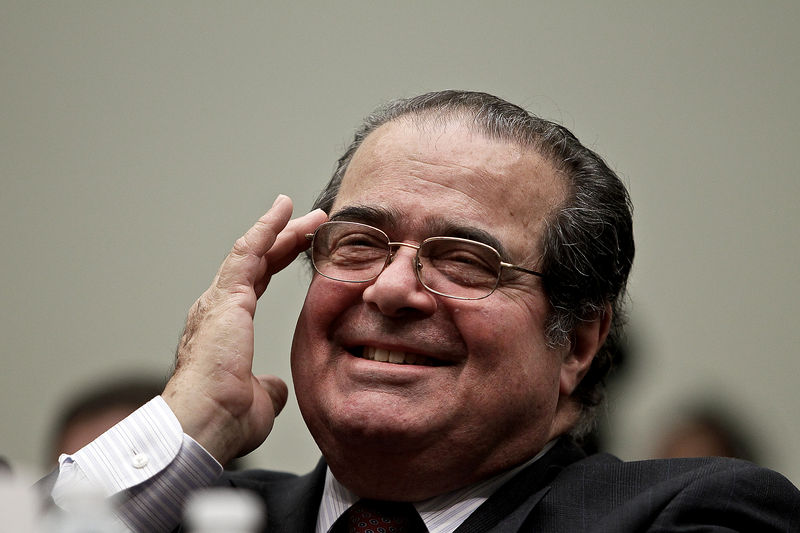
2015 was a wild year in Alabama politics.
A reality television star drew tens of thousands of Alabamians to his presidential campaign rallies.
A sitting governor got divorced. A sitting Speaker’s political career survived an entire year under indictment.
Same-sex weddings took place at courthouses around the state. Taxes were raised. The Confederate Battle Flag was lowered. Refugees were rejected. And a football program was resurrected.
Here are–in no particular order–the 15 events that defined a tumultuous year in Alabama politics.
Governor Bentley’s State of the State address
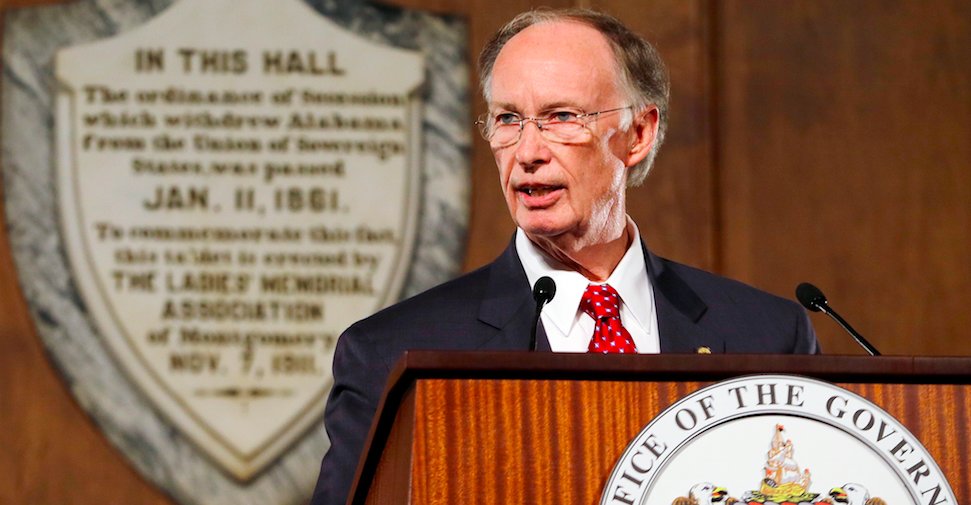
Whether it was politics or his personal life, 2015 was by far the most turbulent year of Dr. Robert Bentley’s tenure as Alabama governor.
After securing re-election in November of 2014, Bentley tacked left on a variety of issues, from taxes to government healthcare, and ruffled some feathers by ordering the Confederate battle flag removed from the Capitol grounds. In August, his wife announced she was leaving him after 50 years of marriage.
The moment that telegraphed what Alabamians could expect from their chief executive in 2015 came in early March when Bentley delivered his annual State of the State Address.
He demanded companies “pay their fair share” and gave a full throated defense of his plan to raise taxes by $541 million. He also hinted at expanding Medicaid, a move that many on Goat Hill expect to come in 2016.
Same-sex marriage comes to Alabama
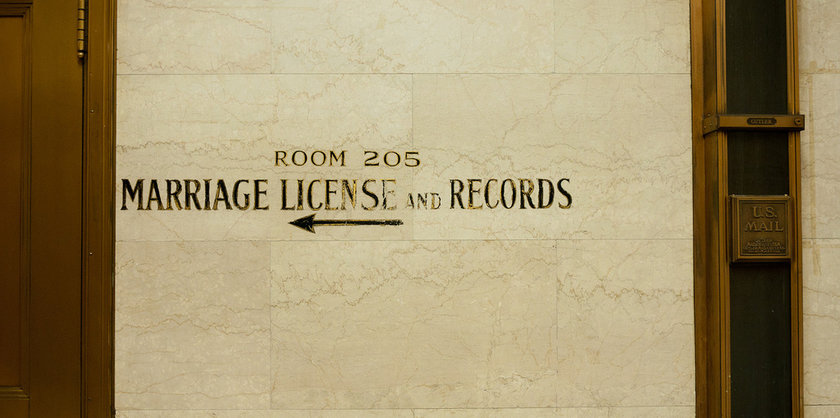
A federal judge in January issued a ruling striking down Alabama’s constitutional ban on gay marriage on the grounds that it violates the Equal Protection Clause of the U.S. Constitution’s 14th Amendment.
The ruling was put on hold while the United States Supreme Court debated same-sex marriage. The High Court ultimately struck down same-sex marriage bans across the country, effectively creating a constitutional right to marriage and prompting several Alabama counties to exit the marriage business all together.
The religious liberty implications of the ruling are still a hot-button issue that won’t be resolved for years to come.
Hubbard survives another year on top

It is a testament to Alabama House Speaker Mike Hubbard’s (R-Auburn) sheer tenacity that he remains the Speaker 14 months after being indicted on 23 counts of felony public corruption.
His power, once unrivaled in state government, is somewhat diminished. He is no longer able to bend the legislature to his will. But in spite of being openly challenged for the gavel for the first time, his position appears to be secure for now.
Hubbard’s long-anticipated trial is scheduled to take place next year. The outcome will shape Alabama’s political landscape for years — perhaps decades — to come.
Trumpapalooza

In what the Washington Post described as “something between a Lynyrd Skynyrd concert and the Daytona 500,” Alabama became the center of the political universe for one night in August when Donald Trump’s Boeing 757 touched down in Mobile.
Tens of thousands of Trump supporters flocked to Ladd-Peebles Stadium for what many believe was the largest event to that point in the race for the Republican presidential nomination.
The event had national significance, signaling that Trump’s unexpected rise in the polls could be buttressed by legitimate support on the ground. It also elevated Senator Jeff Sessions’ national profile. Alabama’s junior senator appeared on stage with Trump, and the billionaire real estate mogul adopted his immigration and trade positions just days later.
But the event was about more than a single night — or even a single candidate. Trumpapalooza established Alabama as a must-visit state for serious presidential contenders, thanks to the SEC Primary.
Since then, Senator Marco Rubio, Senator Ted Cruz, famed neurosurgeon Ben Carson, and others have all made a serious play to compete and win in Alabama.
Syrian refugees refused

Governor Bentley in mid-November became the second governor in America to announce his administration would refuse to accept Syrian refugees.
He later signed an executive order directing state agencies to utilize “all lawful means necessary” to prevent the resettlement of Syrian refugees in the state.
The Bentley administration and the White House have been at odds over whether Bentley — or any governor — has the authority to issue such an order. But to this point, no refugees have been sent to Alabama.
Confederate flag toppled
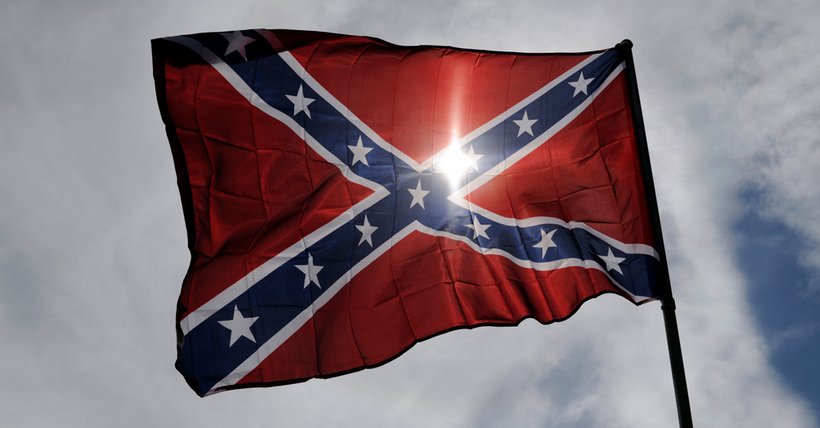
Governor Bentley ordered the Confederate Battle Flag removed from the Capitol grounds the morning of June 24th, sparking a backlash among many Alabamians who consider the flag to be a part of the state’s history that should not be erased.
Bentley said his order was partially in response to the Charleston church shooting, but more about doing the “right thing.” It also undoubtedly had a lot to do with Alabama’s economic development efforts, which some state leaders worried could be damaged if they resisted the national push to eradicate the flag in a symbolic gesture after the Charleston tragedy.
Bentley breaths life back into the gambling industry

Alabama’s anti-gambling movement, propelled by the state’s large swath of evangelical Christians, considered Governor Bentley an ally until last month when he stripped the Attorney General’s office of the power to enforce gambling laws and paved the way for VictoryLand to reopen.
It had been a rough year for pro-gambling interests prior to that moment. A push to expand casino gambling in the state failed along with the annual push for a lottery, and Senator Del Marsh (R-Anniston), the state’s most powerful lawmaker and a gambling supporter, said he would not reintroduce gaming legislation in 2016.
It is still hard to imagine casino gambling legislation passing, but with another budget crunch on the horizon, the lottery could once again get serious consideration.
The leader of an interdenominational organization that lobbies the Alabama legislature on behalf of the Christian community issued a stern warning earlier this month: “Illegal gambling is taking over this state.”
Gang of Nine emerges in Alabama Senate
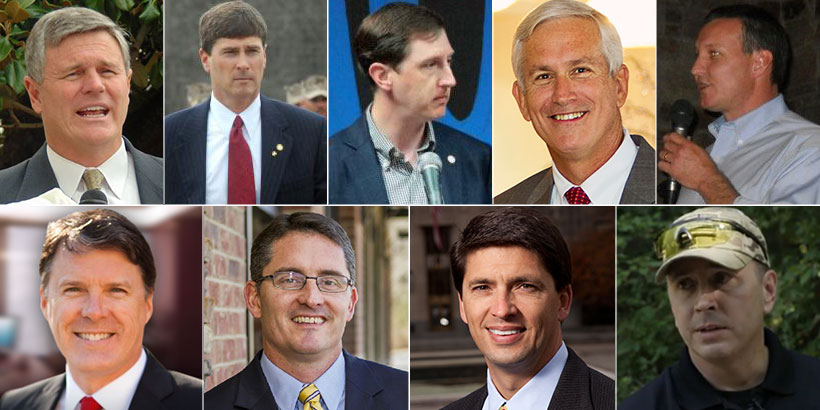
The Alabama Legislature raised taxes by roughly $100 million in 2015, far less than Governor Bentley pushed for, but enough that it sparked contentious debates over three grueling legislative sessions.
The majority of the Legislature ultimately supported a package that combined three tax increases with two measures aimed at reforming the state’s dysfunctional budgeting process. But while the majority of lawmakers viewed combining reforms with tax increases as a palatable compromise, a group of nine staunchly conservative senators refused to bend, consistently voting “no” and sometimes launching into filibusters of tax bills backed by their own party.
The “Gang of Nine,” as they became known, probably did not win a lot of friends on Goat Hill, but they undoubtedly kept the tax burden on Alabamians from increasing much further than it did. If they continue to stick together, they will continue to be a powerful bloc in the Senate.
PSC drops energy rates in spite of increased federal regulations
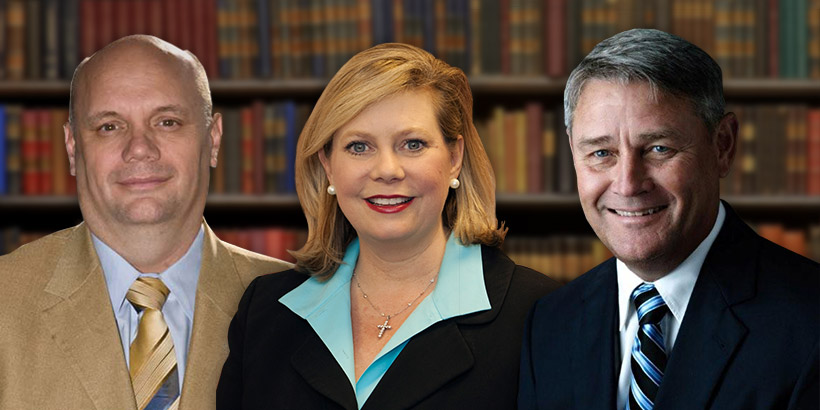
The Alabama Public Service Commission led by PSC President Twinkle Cavanaugh in early December secured a rate reduction for Alabama Power and Alagasco customers, in spite of increasing costs the companies continue to incur due to federal environmental mandates.
A drop in the price of coal and natural gas made it possible for Alabama Power to offset some of their regulatory costs this year, compelling the PSC to push for a 2 percent reduction in the retail cost of electricity through 2016. Alabama Power expects to return an estimated $120 million to customers through the end of next year.
The move was a crippling blow the state’s environmentalist movement, which had previously cloaked its anti-coal agenda in pro-consumer rhetoric. The environmentalist’s “favorite Republican” is running for a slot on the PSC again in 2016, nonetheless.
Jeff Sessions endorses Richard Shelby
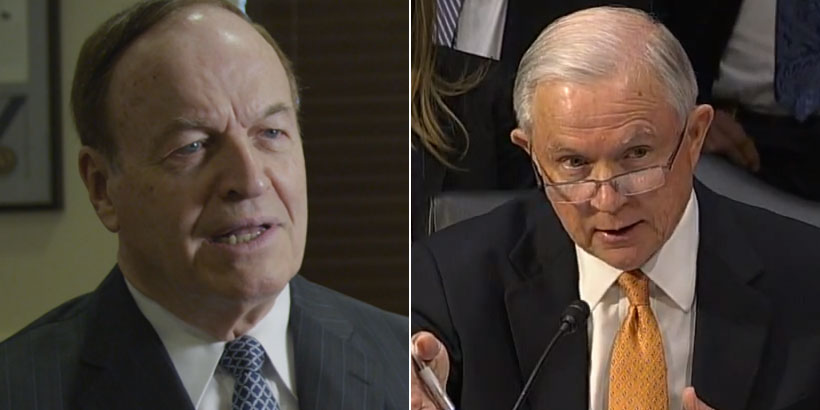
With the anti-incumbent sentiment at an all-time high, longtime U.S. Senator Richard Shelby drew four primary challengers in his bid for a sixth term.
But as quick as the campaign started, Shelby got a boost from his colleague Jeff Sessions, whose credibility among grassroots conservatives is unmatched.
Sessions’ endorsement effectively chopped the legs off of rival campaigns, who were yet to even have the opportunity to make their case that conservatives should rally behind an alternative. Conservative columnist Quin Hillyer told liberal political blog al.com he believes Sessions is so popular in Alabama that an endorsement from him would mean a six-point bump in the Yellowhammer State for a presidential candidate.
The race will undoubtedly heat up in January as voters start paying attention and ad dollars start to fly, but the state’s most trusted conservative has already weighed in, and there’s no amount of money that could buy that kind of street cred.
AUE quietly enters the scene
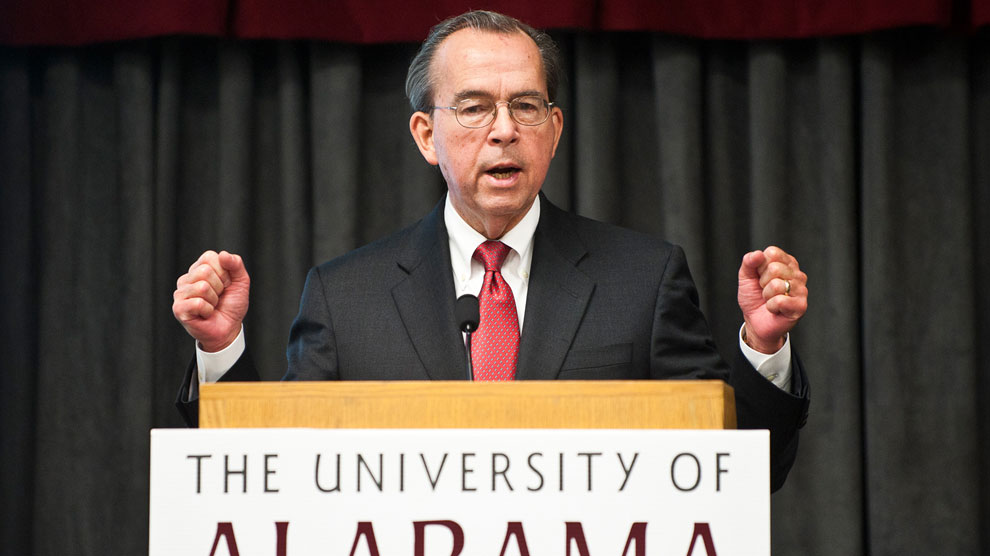
A coalition of education leaders in early December announced the formation of Alabama Unites for Education (AUE), an advocacy group that appears poised to fill the void left by the precipitous decline of the Alabama Education Association (AEA).
The most significant policy debates in the coming years will likely center around what to do about the state’s ever-expanding General Fund Budget, which threatens to devour more and more education funding.
With AUE, the education community will have a powerful voice in the debate, without all of the baggage and nefarious tactics of the AEA.
The photo voter ID battle rages on
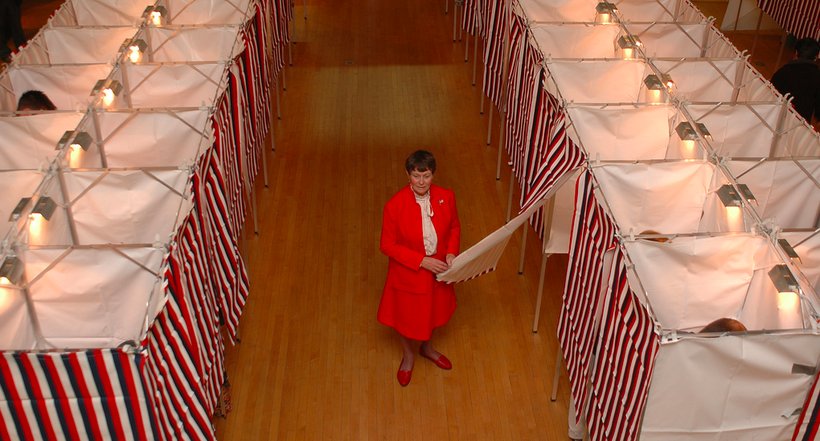
After the Alabama Law Enforcement Agency announced it would close down 31 rural drivers license offices due to budget cuts, voting rights activists cried foul and accused Alabama of trying to limit minority citizens’ access to photo ID, which is required to vote.
The NAACP Legal Defense and Education Fund sued the state, insisting that requiring voters to show photo ID is “discriminatory” and would disenfranchise over 250,000 Alabamians, many of them black and latino, in violation of the Voting Rights Act of 1965.
Even Democratic presidential candidates Hillary Clinton and Bernie Sanders weighed in on the issue, while Republicans dismissed the claims and noted that all 67 Alabama counties have a Board of Registrars that issues photo voter I.D. cards for free.
UAB football returns
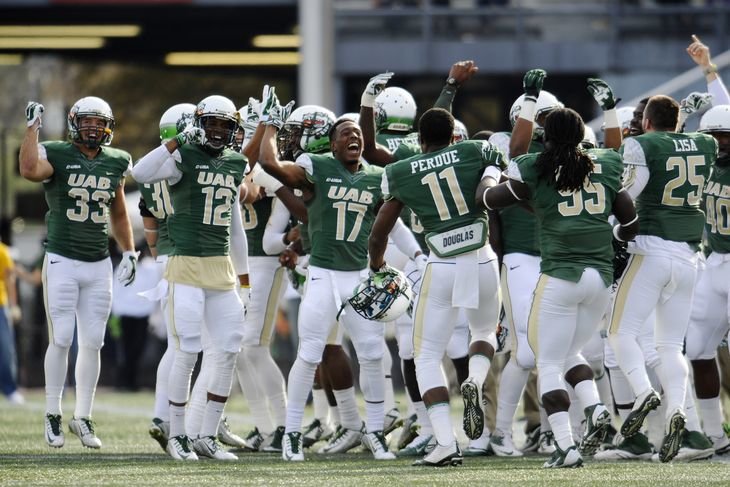
In December of 2014, the University of Alabama-Birmingham announced it was shuttering its football program, becoming the first Division 1 school to make that decision since Pacific did so in 1995.
Six months later, in a stunning reversal, the school announced the program was coming back. Five months after that, the University of Alabama Board of Trustees announced its support for UAB to build a $12-15 million football operations facility. This month the school released a list of the first 19 players it has committed to play in 2017.
The UAB football revival has been viewed as an enormous positive for the university and the local community, but the political implications are significant as well.
Had the UA Board of Trustees and the UAB football advocates not found common ground, the effects would have rippled throughout the coming year’s legislative session.
BP settlement finalized

Alabama Attorney General Luther Strange in October announced the state’s final settlement with BP concerning the damages caused by the 2010 Deepwater Horizon oil spill. The agreement is set to bring approximately $2 billion dollars to Alabama in reparation for the economic and environmental damages resulting from the spill.
But not everyone was happy with the deal. Some Gulf Coast lawmakers expressed their frustration at how that money will be appropriated.
“The settlement is severely flawed because it puts too much money under control of the federal and state governments,” said Congressman Bradley Byrne (R-AL1). “A better settlement would have directed more money into the RESTORE Act process and allowed our coastal communities to decide how the money should be spent.”
“We need the state Legislature to remember two facts,” added Mobile Mayor Sandy Stimpson. “One is that there were real economic and environmental consequences from the oil spill which continue to this day. The second is that our region is a tremendous economic engine for the entire state. Returning more of the settlement to coastal Alabama is not only the right thing to do, but it is also good common sense.”
Public pension reform picks up steam
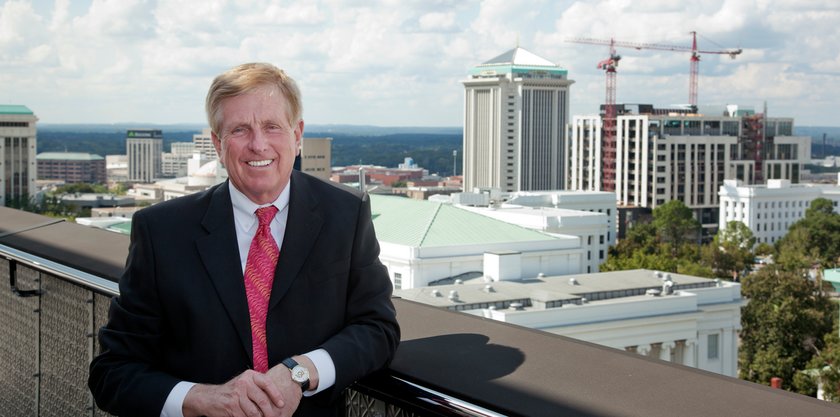
Public pension reforms have received off-and-on interest from the Alabama legislature over the years, but momentum for reform picked up significant speed in 2015.
The renewed interest is thanks in part to math — the pension system is underfunded and taxpayers are sending to it almost $1 billion per year — and partly because Retirement Systems of Alabama (RSA) CEO David Bronner has infuriated conservatives in the Republican-controlled legislature.
Bronner was caught on camera in October reciting a lengthy list of foul-mouthed grievances with the citizens of Alabama and their elected representatives. His most stinging criticisms were reserved for conservative Alabamians, who he believes are irrationally opposed to higher taxes and expanding government healthcare programs.
Bronner has enjoyed a four-decade run as one of the most powerful men in state politics. But if major RSA reforms are advanced in 2016, 2015 may be remembered as the year his ego finally caught up to him.




